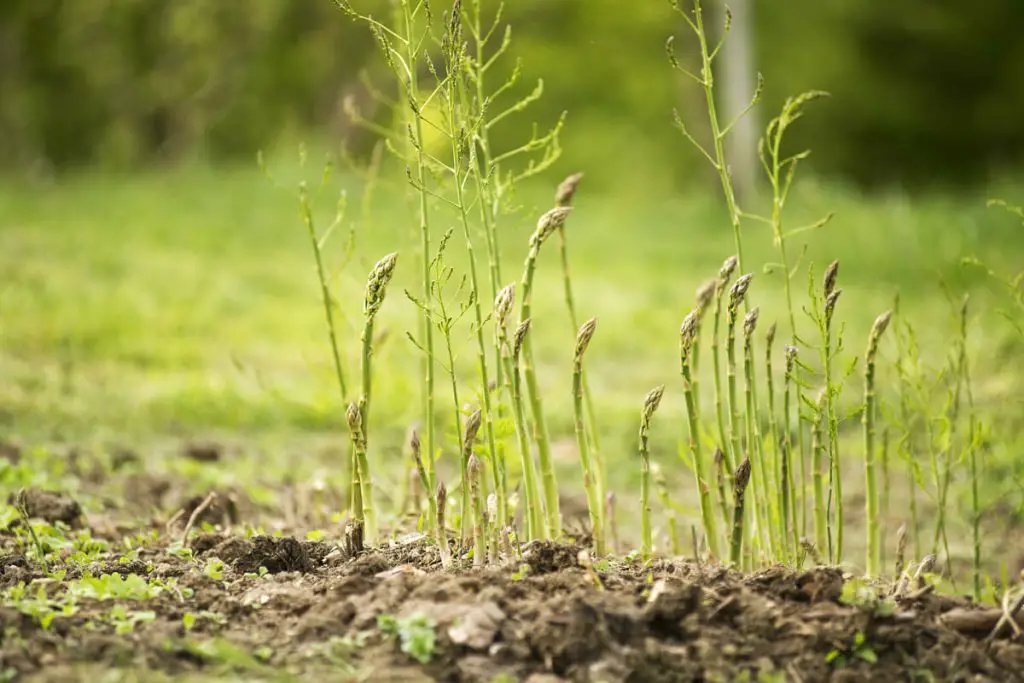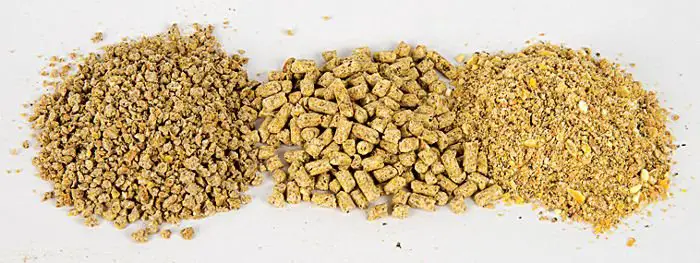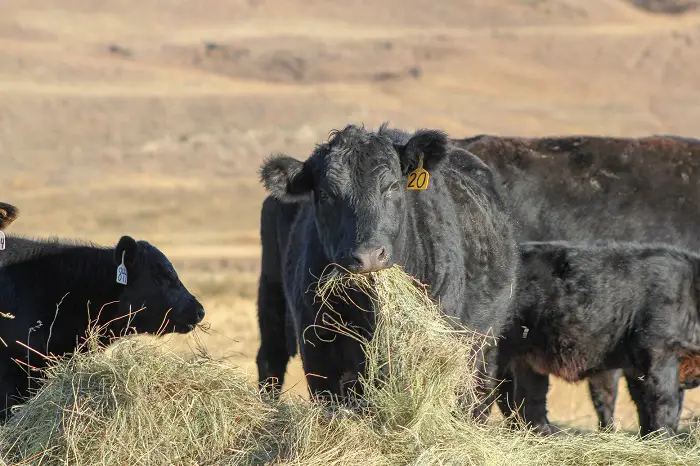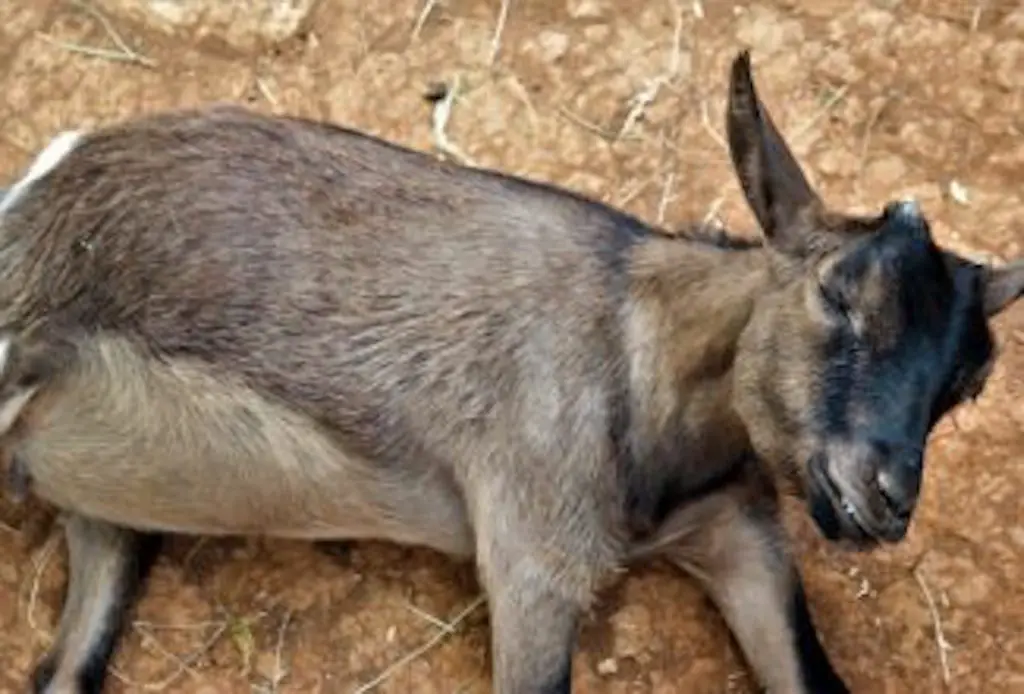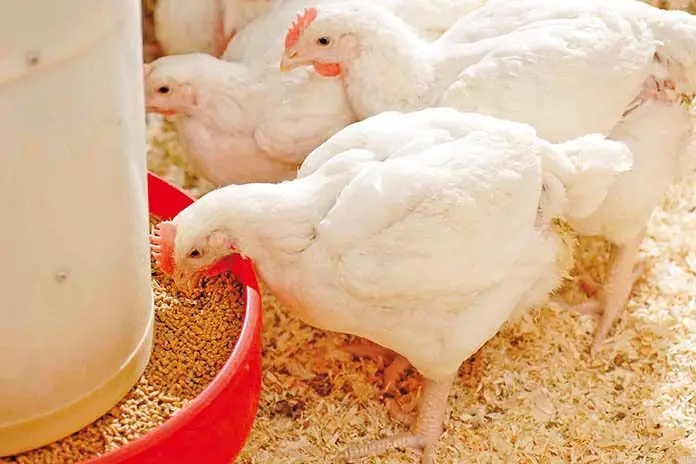Asparagus is widely known as a nutrient-dense and healthy dietary supplement, but can it benefit cows as well? Cow farmers may be interested to learn more about the potential of incorporating this vegetable into their animals’ diets. Today we’ll be looking at the potential benefits and drawbacks of adding asparagus to a cow’s diet, as well as the possible risks and considerations to take into account.
Contents
What Is Asparagus And Can Cows Eat It?
Asparagus is a perennial (which essentially means it lasts or is present throughout the year) plant with leaves that are attached its stem as opposed to branches because it doesn’t have any branches. It is also a valuable and nutritious food supplement for cows. It is a rich source of dietary fiber, vitamins, minerals, and antioxidants; making it an ideal choice for maintaining the health and well-being of your cows. So yes, cows can definitely eat asparagus because it is good for their health and biology.
Is It Safe For Your Cows To Consume Asparagus?
Asparagus is a great option for supplementing cows’ diets, as it is highly nutritious and provides various health benefits. Asparagus is filled with important vitamins and minerals that are essential for cows’ health, such as vitamin A and C, iron, and magnesium. It is also packed with antioxidants, which can help protect cows from various diseases and boosts their overall immunity. Additionally, asparagus is low in calories and fat, making it an ideal food source for cows. So yes it is also very safe for cows to consume asparagus.
Cows Can Consume Asparagus In Various Ways.
Although some ways of preparing the asparagus for your cows are more healthy than others, it is better to know most of them in order to know which ways are better suited for your cows because not all cows are the same with something as unique tasting as asparagus.
- For instance, you can provide them with fresh asparagus spears or sticks, which they can eat raw. This is not the most beneficial to feed your cows the asparagus and should not always be your first option to do so.
- Alternatively, you can cook the asparagus spears or sticks by only boiling them, and then serve them as a side dish after the cows have consumed their daily staple feed like hay or wet grass. Be sure to let the cooked asparagus sticks or spears cool down first before feeding them to your cows as it may burn their tongues.
- Additionally, asparagus can be used as an ingredient in soups, stews, and other dishes. Depending on how refined your cows’ pallettes are, this is mostly beneficial to humans because it goes to show just how versatile the perennial plant is.
- It is important to note that when feeding cows asparagus, you should ensure that the spears are cut into smaller pieces. This will make it easier for them to digest and also reduce the risk of choking which blocks the air passages of the cows when breathing, causing them to faint or worse die. Both fresh and cooked asparagus can be fed to cows in moderation to give them a healthy source of nutrition.
- Additionally, make sure to feed cows asparagus in moderation (or small amounts) , as large amounts can cause excessive gas and bloating. Which can be bad for the environment because cows are believed to be the top expellers of methane into the environment due to excessive gas and foods like asparagus (in large amounts) help to increase this problem.
- Overall, asparagus is a great choice for supplementing cows’ diets, as it is packed with essential vitamins and minerals, and is low in calories and fat. However, it is important to remember to feed cows asparagus in moderation and to cut the spears into smaller pieces to reduce the risk of choking. By following the above steps or ways of preparing the asparagus, you can be sure that your cows are getting the nutrition and health benefits that asparagus has to offer.
More On Why Cows Can Eat Asparagus
- Asparagus is a healthy food source for cows, as it provides a great source of energy and nutrients. It is important to note that asparagus should not be the main food source for cows; it should be used as a supplement to the regular diet. Furthermore, asparagus should be cooked or steamed before being fed to cows, as raw asparagus can cause digestive issues. And lead to excessive gas or bloating of the stomach as stated before.
- In addition to being a healthy food supplement for cows, asparagus can also help to reduce the risk of certain health issues (even though it evidently causes some.)
- Asparagus contains antioxidants that can help to protect cows from free radical damage, which can lead to serious health issues. Asparagus also contains phytonutrients like lutein and zeaxanthin, which are beneficial for the cows’ eye health.
- When feeding asparagus to cows, it is important to be mindful of the amount of asparagus given. Asparagus should not be fed in large quantities to cows, as it can cause digestive upset. Asparagus should also be fed in moderation, as too much of the vegetable can cause bloating and excessive gas in cows.
- Finally, asparagus can help cows to gain weight and muscle mass. Asparagus is high in carbohydrates, which can help cows to gain weight and build muscle. This is essential if you want more meat (beef)out of your cows.
Conclusion
As cows are the backbone of the agricultural industry, it is important to make sure they stay healthy and happy. Asparagus is a great food supplement to add to your cows’ diet to ensure they are getting the nutrition they need. It should not therefore be considered as a complete replacement to the cows’ traditional diet. And because this plant is available throughout the year, you can be sure that it is not only a healthy addition to your cows’ diets but also a more cost effective one.
